
Can the Coriolis Effect Cause Your Cowlick?
No, but the direction of our hair whorls could teach us about human development
Bethany Brookshire is an award-winning science journalist and author of the book Pests: How Humans Create Animal Villains (Ecco, 2022). Her work has appeared in Scientific American, the New York Times, the Washington Post, the Atlantic and other outlets.

Can the Coriolis Effect Cause Your Cowlick?
No, but the direction of our hair whorls could teach us about human development
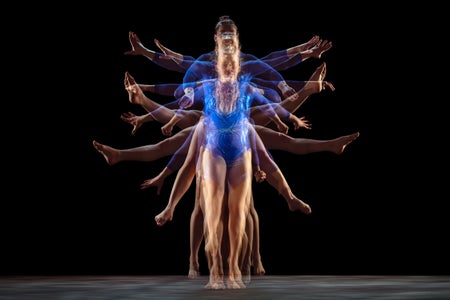
Sports Celebrate Physical Variation—Until It Challenges Social Norms
Human anatomy is delightfully varied, but female athletes are heavily criticized for not conforming to socially accepted bodily norms
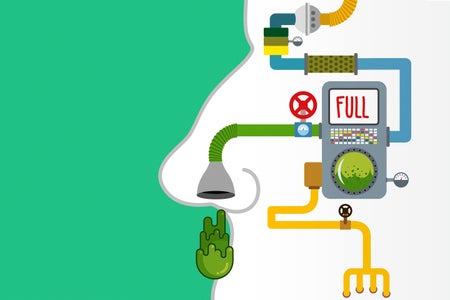
Colds Bring Lots of Snot—But Just How Much? Science Is Strangely Silent
Snot is one of the immune system’s efforts to ditch a virus, but how much we produce when sick is a slippery subject
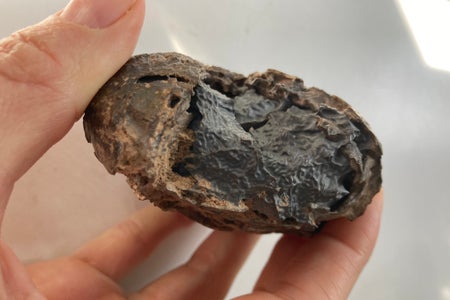
Every Rock Tells a Story. This Is the Tale of a Meteor-wrong
We discovered a strange rock in the Sahara we thought was a meterorite. Figuring out what it was grounded me back to Earth
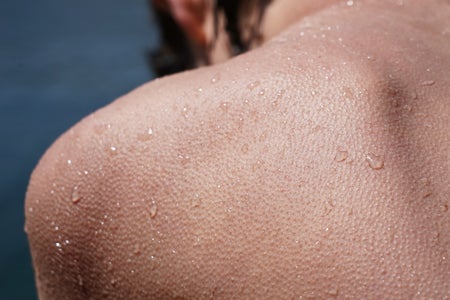
Goose Bumps, Extra Nipples and Leftover Tails Remind Us of What We Once Were
Humans’ evolutionary remnants show us the kinds of animals we used to be

The Evolution of a Big, Ugly Cry
Uncontrollable sobbing is uniquely human, and it may be our emotions running out of our faces, a way to connect us with other people
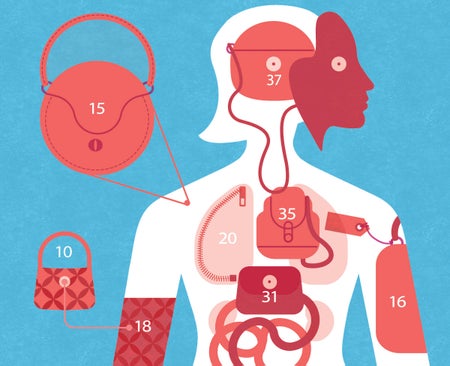
The Human Body Is Bags, Bags and More Bags
Your brain might be like a computer, and your digestive system might be like a tube. But in the end, your whole body is just a bag full of bags
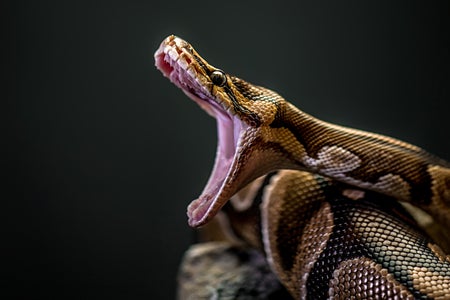
Here’s How a Python Jaw Can Fit a Whole Deer
This python’s jaw has a stretchy secret to gape impressively wide
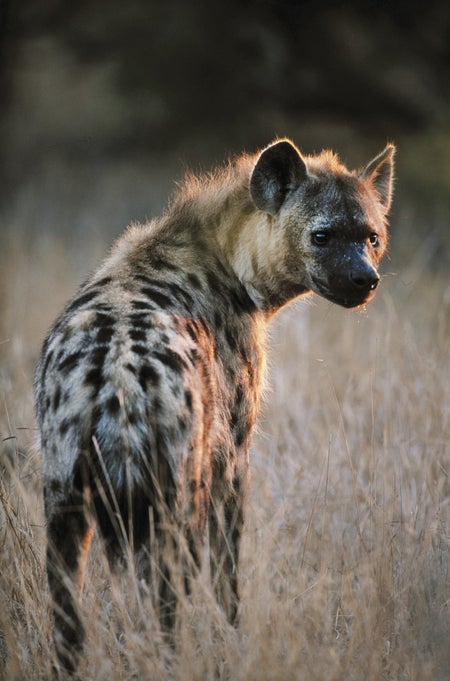
Hungry Hyenas Can Help Human Health
Hyenas scavenging near cities might lessen human and livestock diseases